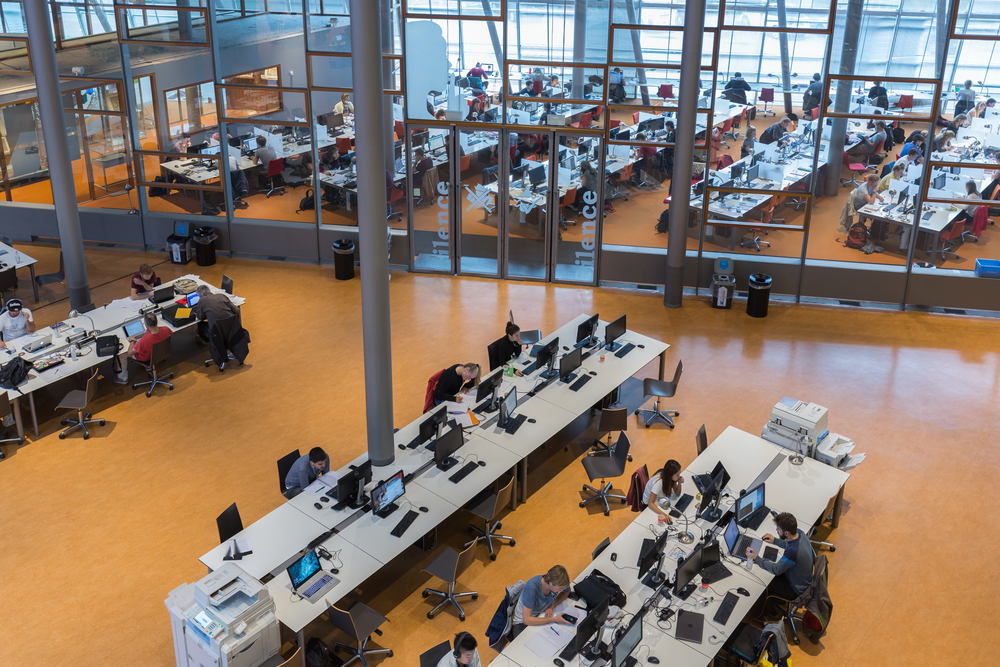Young Ukrainian refugees in the Netherlands risk becoming a “lost generation” because they do not have access to student finance, support agency UAF has warned.
The European Union’s temporary protection rules allow Ukrainians to live and work in the Netherlands without requiring visas, but there are no arrangements to let them study once they reach the age of 18.
As a result, many are opting for unskilled low-paid jobs rather than studying because they are unable to afford the international fees of between €8,000 and €15,000 a year – compared to €2,600 for Dutch and EU students.
Refugees who go through the regular asylum system are entitled to student finance once they have been granted residential status, as well as integration courses such as language lessons. The UAF has been funding its own Dutch classes for Ukrainians.
Managing director Mir Huisman told NRC the temporary rules were drawn up on the assumption that Ukrainians would only be living in the Netherlands for a few years until the Russian invasion ended.
But with the war now in its fourth year and no sign of an end in sight, the lack of opportunities for young adults are starting to damage their long-term prospects, whether they stay in the Netherlands or return, she said.
250 places
“If you think this is going to last a year or two and then you’ll go home, it’s manageable,” Huisman said. “But it’s now been going on for three years and I’m not too positive about the chances of this being over in the short term.”
The UAF estimates there are between 5,000 and 7,000 Ukrainian teenagers who would benefit from student financing when they leave college.
The organisation has managed to secure places at universities and colleges for 250 Ukrainians by doing deals with the institutions and securing funding from the education ministry, but it had to turn away another 150 potential students for next year because of a shortage of cash.
Huisman has called for the law to be changed to give Ukrainians with temporary protection status the same rights as students from the EU, but the higher education ministry has balked at the estimated cost – €12 million in 2026, rising to €87 million by 2029.
But Huisman argued that not supporting Ukrainians would be a bad outcome for both the Netherlands and Ukraine. “If these young people stay in the Netherlands they need to find their place here. You can’t do that if they’re just getting by on temporary jobs in bars and restaurants.
“And if they go back to Ukraine, they’re going to be needing highly trained people to rebuild the country.”
